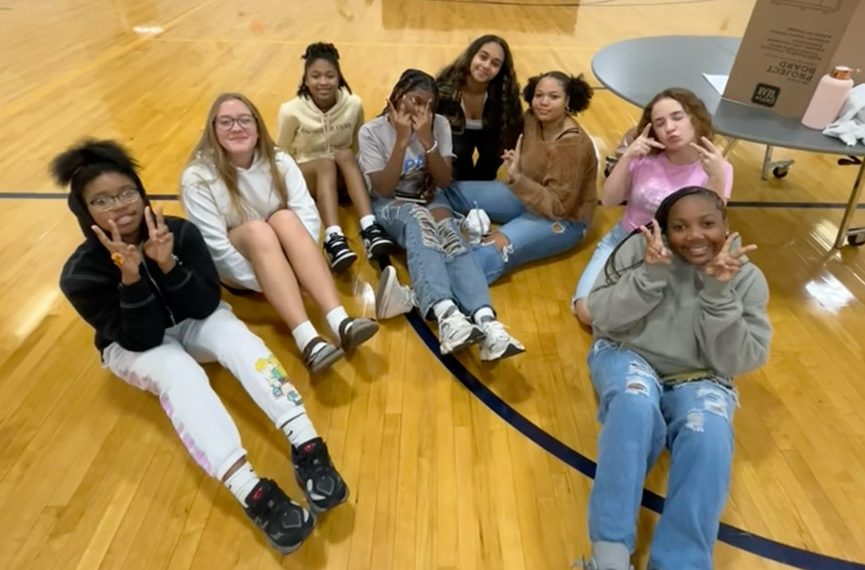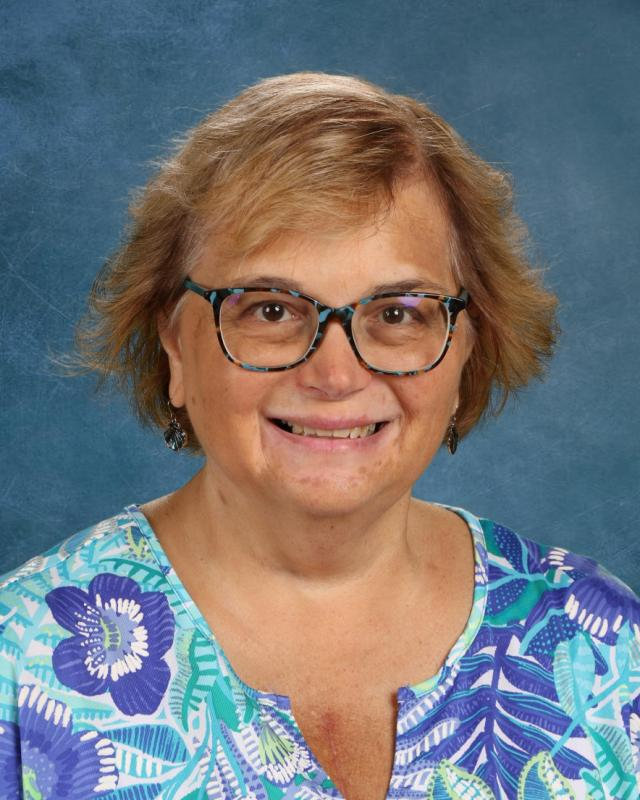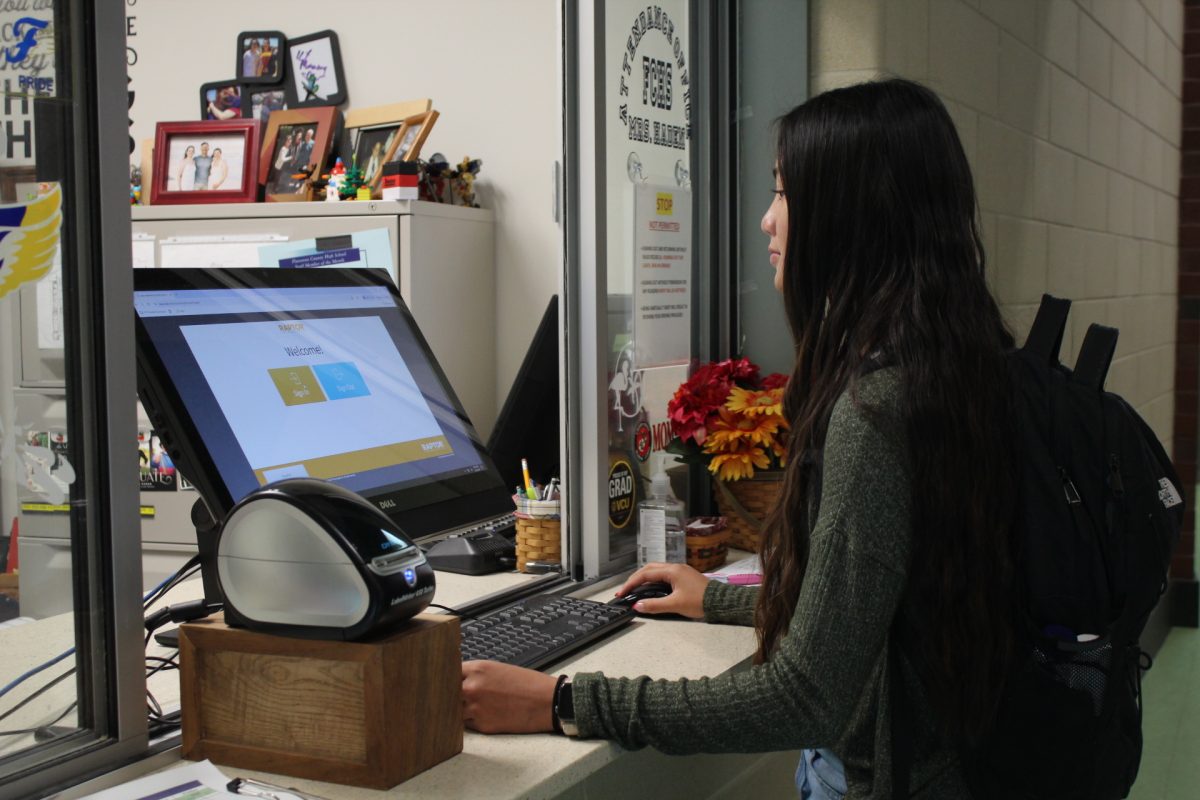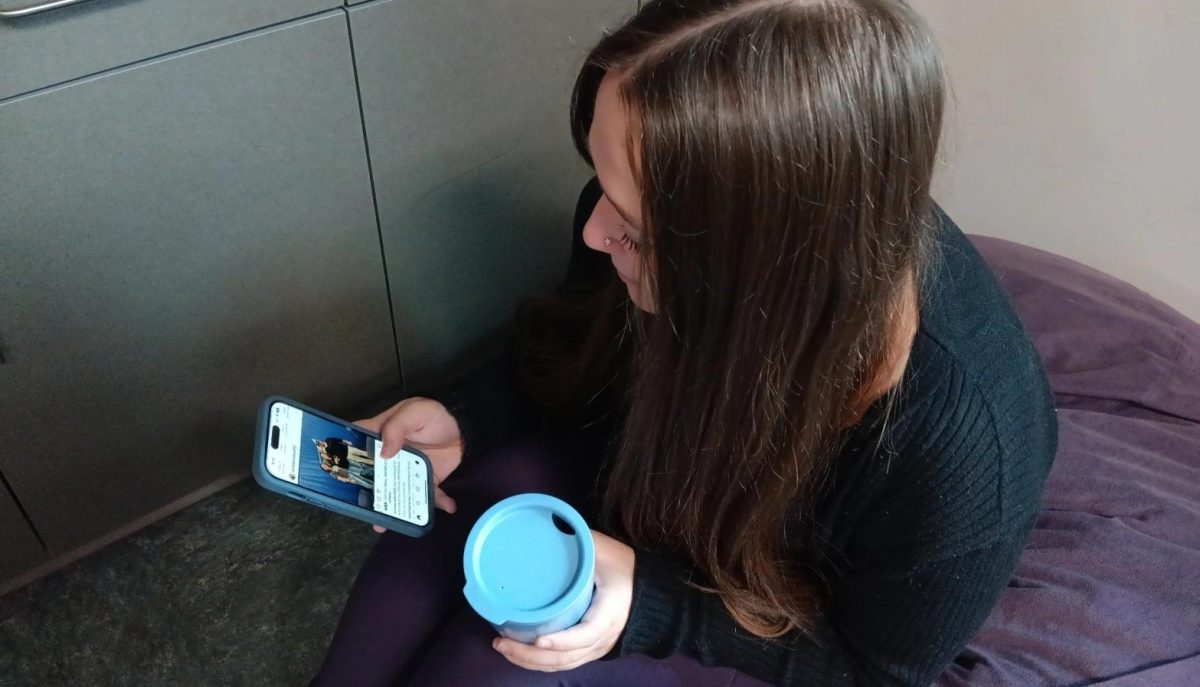As students across Virginia returned to school from winter break, Governor Glenn Youngkin’s Executive Order 33 took effect across the Commonwealth. The mandate aims to provide “Cell Phone Free Education” to Virginia public school students. For some schools in the Commonwealth, this meant significant changes. For other schools, not so much.
“The phone policy has not really changed,” said FCHS Principal Margo Bruce. “The only thing that is different is how the school handles the restrictions. Although FCHS has always had a clear phone policy encouraging students to remain engaged with their education, Youngkin has mandated that cellphone use be prohibited during all instruction time across Virginia,” she said, adding that this means that “from bell to bell, students should not have their cell phones out at all.”
Bruce noted that the school has seen a decrease in physical fights between students and in the number of students who record videos of fights. She said she believes the decline in recordings is due to the five-day suspension students will receive for using their phones to take videos of fights.
As for students, many have expressed concern about being unable to reach their parents in case of an emergency if they can’t have their phones readily accessible. Bruce addressed this concern by encouraging students to use the phone in the office whenever they need to reach a parent or guardian.
When asked if parents are concerned about having to go through the school to reach their children under the new policy, Bruce said there have not been any complaints thus far. She also pointed out the benefits she believes this no cell phone policy will have on students mentally.
“Phones are an addiction that we all suffer from. It’s never good to have one thing that we focus everything on,” Bruce said. She said she suspects that limiting access to phones in the classroom will lead to creativity, as students will find motivation they never knew they had. She also noted that without phones, students will become better at thinking outside the box, so she is optimistic about the impact the phone policy will have on everyone in the high school.
Bruce said that even though there has been a decrease in fights with the new policy, there has been more defiance from students, such as skipping class or refusing to comply with teachers’ requests.
Not all teachers like the new policy. Personal Finance teacher Gary Greenwood believes that the cell phone restrictions are somewhat unnecessary. “[Cell phones are] the best technology developed in my lifetime and we cannot figure out a way to not punish the entire student body just because a few misuse it,” Greenwood said.
While Greenwood continues to enforce the school policy in his classroom, he believes it is not beneficial and has little effect, as he says that students continue to use their phones despite the possible consequences.
“If someone is finished with their work, why not allow them to use their phone with some limitations like no calls, no disruptive activity, no pictures?” he said.
Whether people agree or disagree with the policy, it will continue. Bruce believes the policy in its current form is just the beginning, and that students and staff should do their best to get used to it. She noted that the updated policy will continue to be enforced by the administration as they encourage students to focus on learning.
“Who knows? Maybe we will all expand our horizons a little more,” said Bruce.
For more information regarding the new phone policy, watch this video by David Small’s TV Production class:







